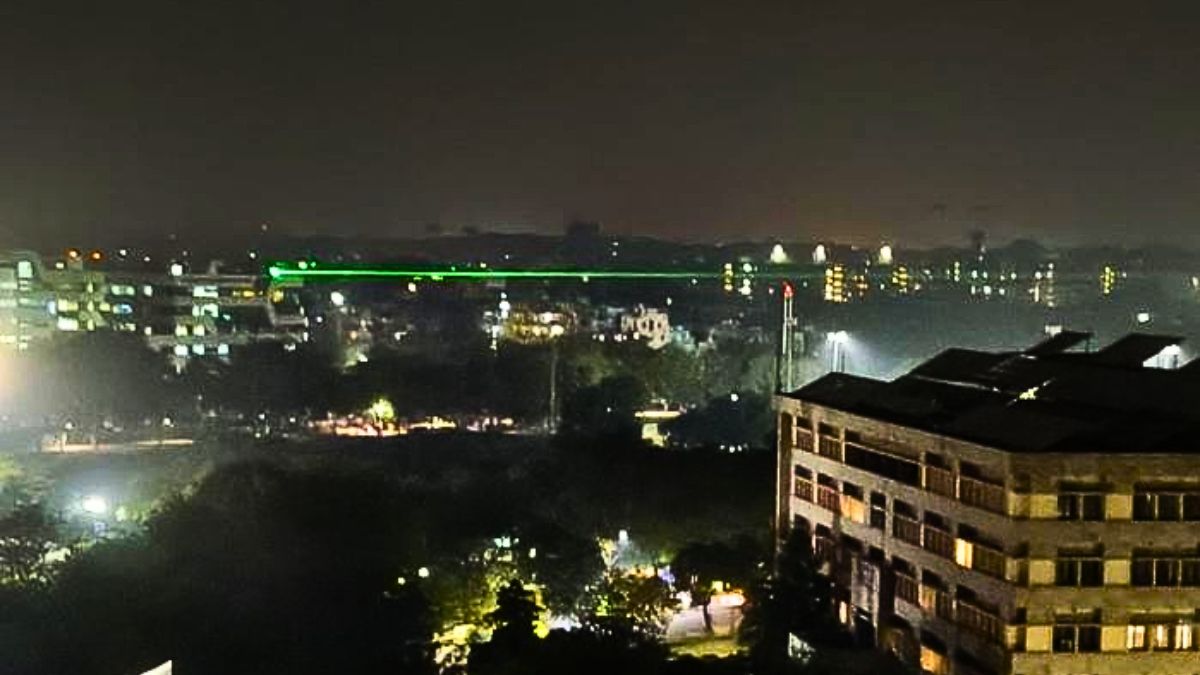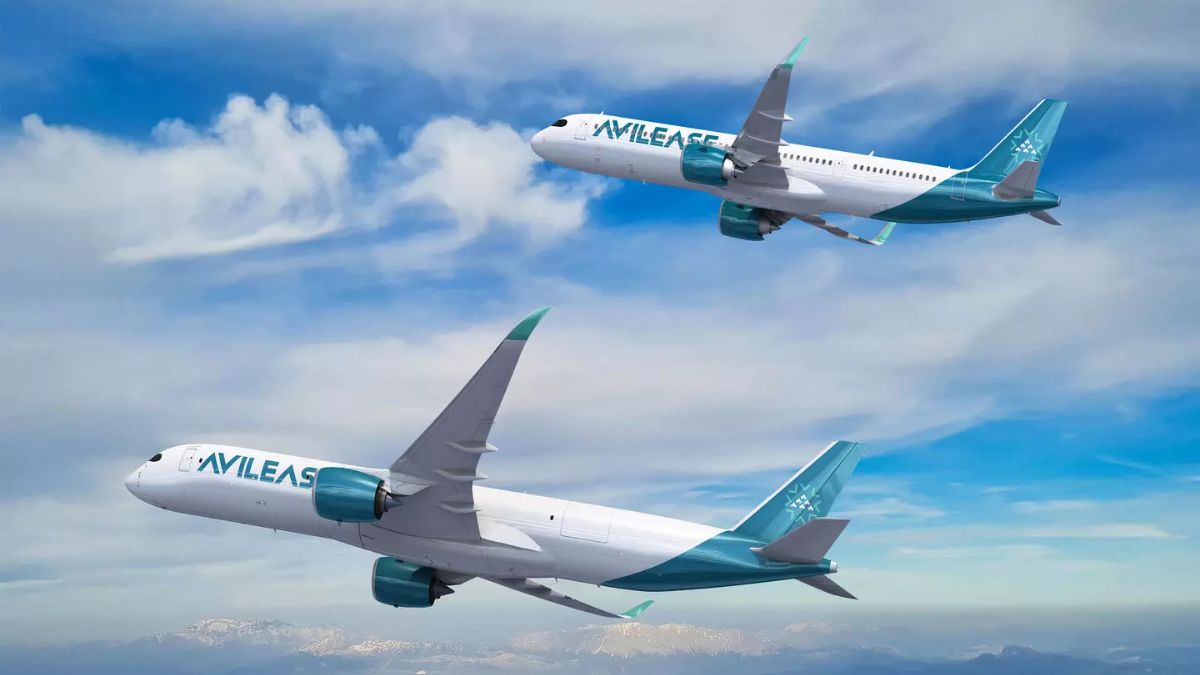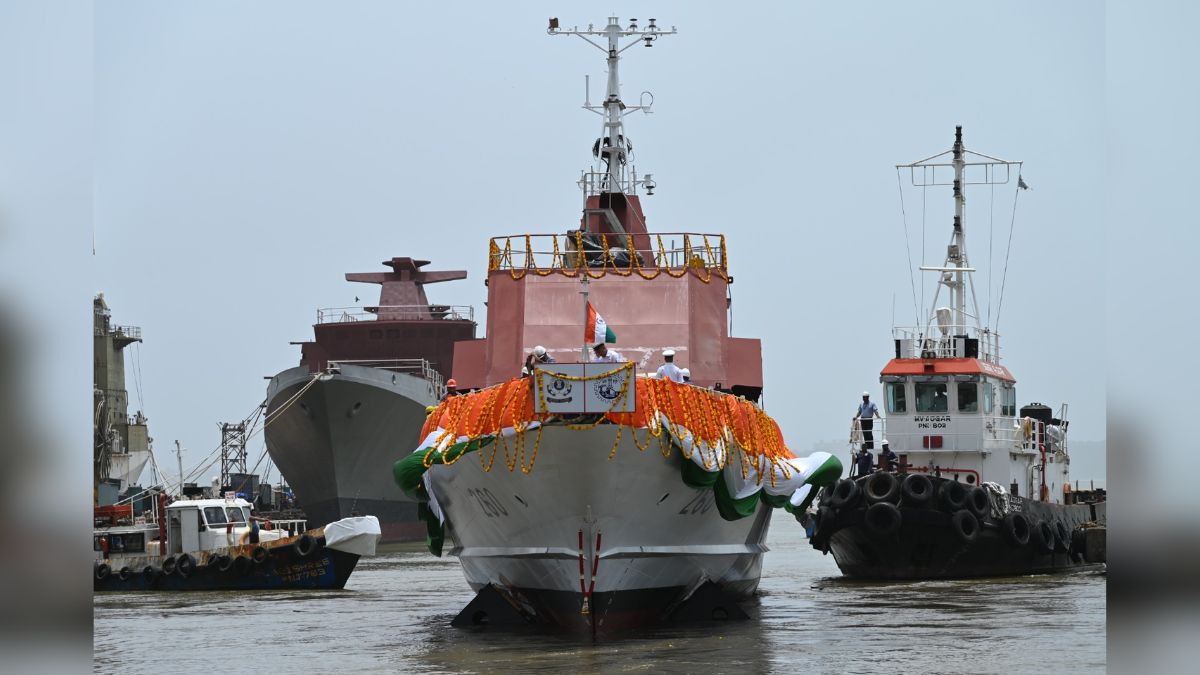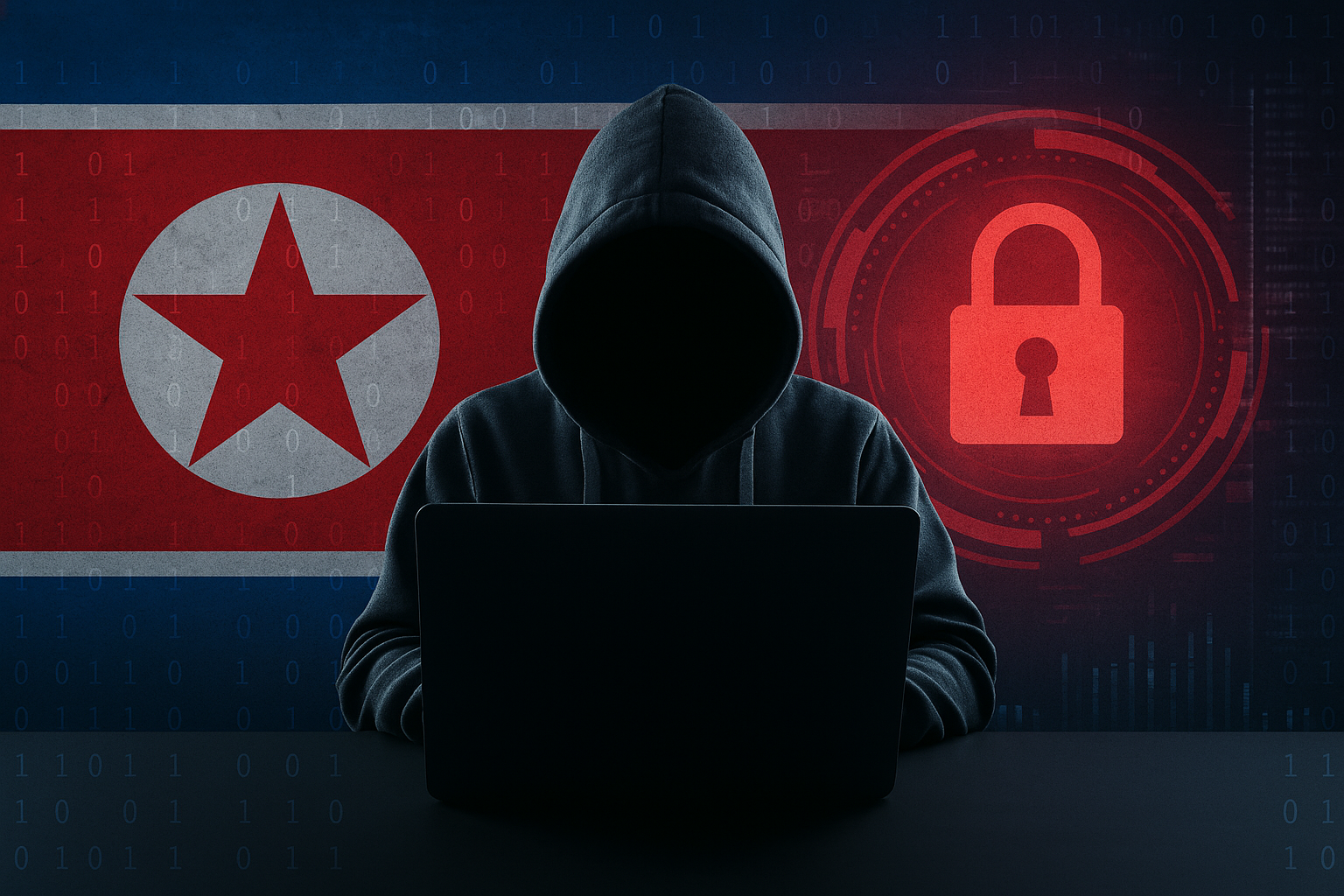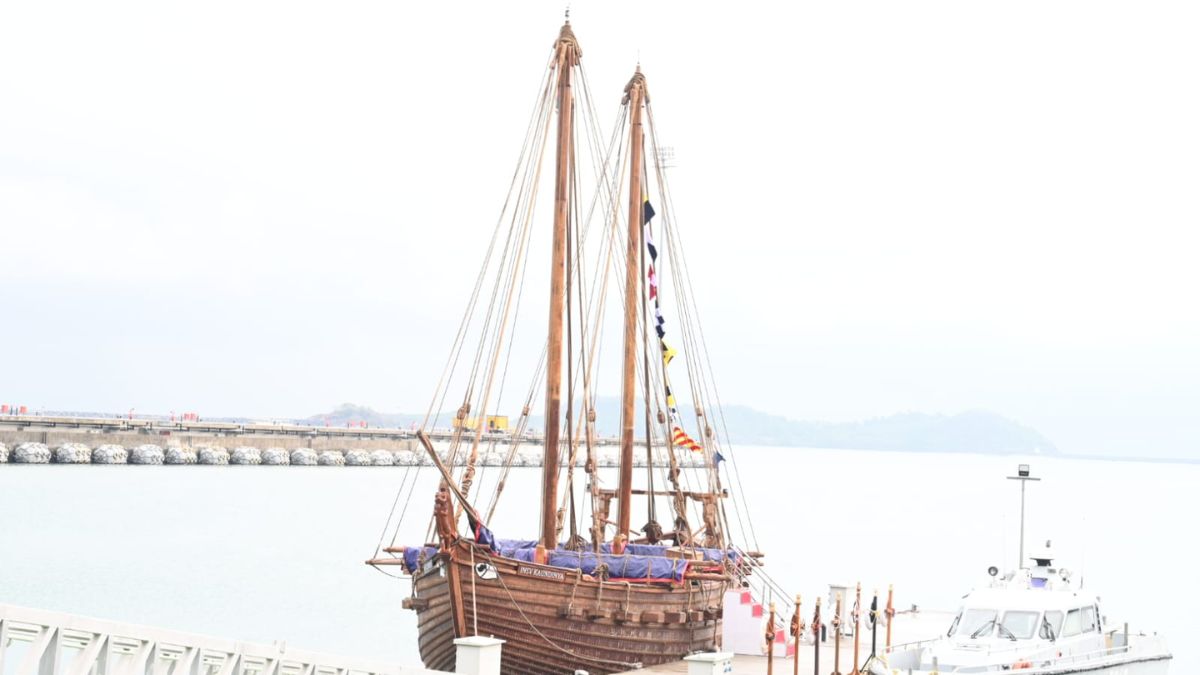Taiwan Detects Six Chinese Naval Vessels Operating Near Its Waters
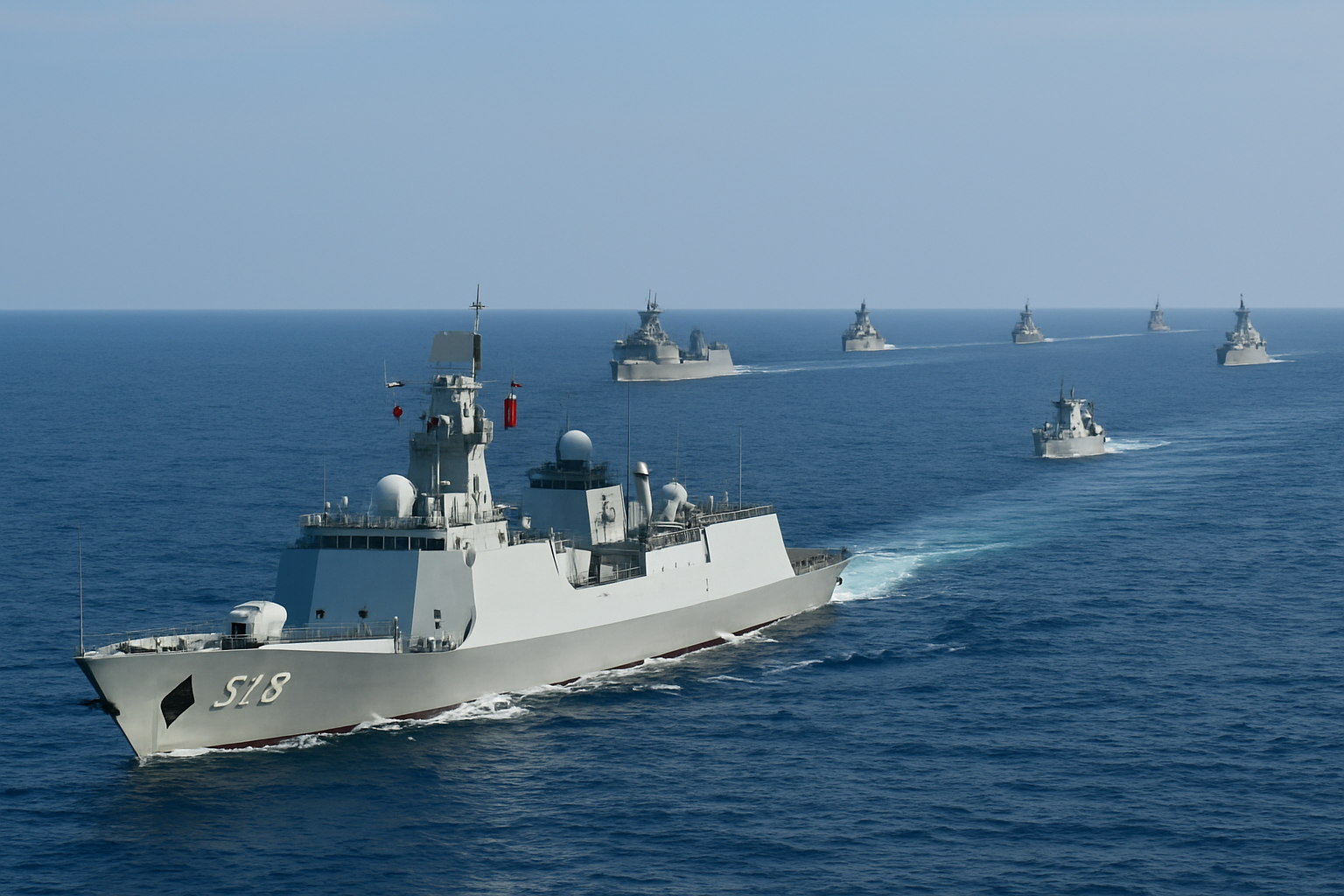
Taiwan’s Ministry of National Defence (MND) on Monday confirmed the detection of six People’s Liberation Army Navy (PLAN) vessels operating near the island, marking the latest development in Beijing’s growing maritime pressure campaign.
The activity was recorded between 6 a.m. on Sunday and 6 a.m. on Monday (June 16, 2025), according to a statement released by the MND.
What Did Taiwan Detect, and How Did It Respond?
Taiwan’s MND tracked six PLAN vessels manoeuvring in waters surrounding Taiwan over a 24-hour period. In response, Taipei scrambled aircraft and naval assets and activated land-based missile systems to monitor and deter the Chinese movements.
No Chinese military aircraft were detected during the same timeframe.
In a post on X, the MND stated, “6 PLAN ships operating around Taiwan were detected as of 6 a.m. (UTC+8) today. Illustration of flight path is not provided due to no PLA aircraft operating around Taiwan were detected during this timeframe.”
Why Is This Significant for Regional Stability?
This latest detection comes amid an observable uptick in Chinese military activity around Taiwan, raising concerns over stability in the Taiwan Strait.
China claims Taiwan as part of its territory and has not ruled out the use of force for unification. Taiwan, which has maintained de facto independence since 1949, continues to face pressure from Beijing through regular incursions, maritime drills, and cyber operations.
How Is the United States Responding to China’s Moves?
On June 11, Admiral James Kilby, Acting Chief of Naval Operations, told the United States (US) Congress that the US Navy has been stepping up its war-gaming activities to prepare for a possible Chinese invasion of Taiwan.
Speaking before the House Armed Services Committee, Kilby said that current exercises at the Naval War College are focused on “long-range strike capabilities, countering China’s command and surveillance systems, terminal ship defence, contested logistics, and unconventional maritime denial strategies”.
Kilby also indicated a strategic pivot towards unmanned platforms over traditional carriers: “If I could put those drones on Taiwan, I’d put them on Taiwan.”
His testimony followed consultations with US Indo-Pacific Commander Admiral Samuel Paparo and US Pacific Fleet Commander Admiral Stephen Koehler, underscoring a concerted military focus on the region.

